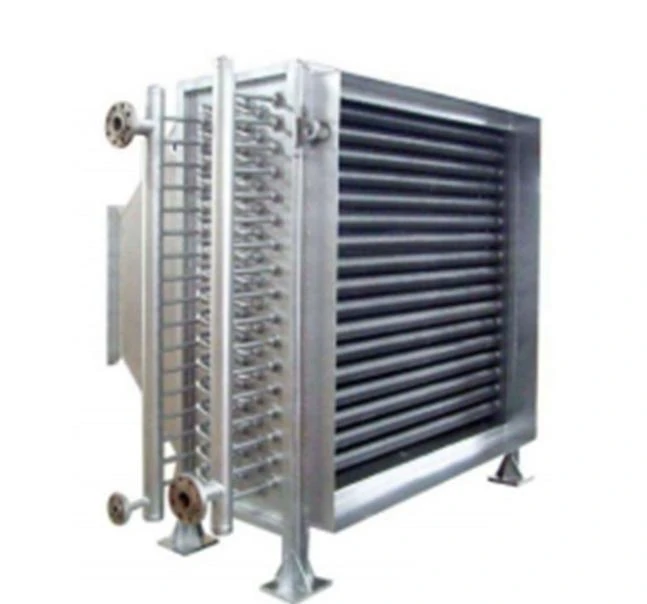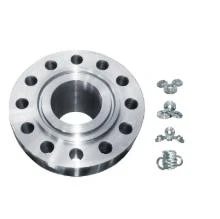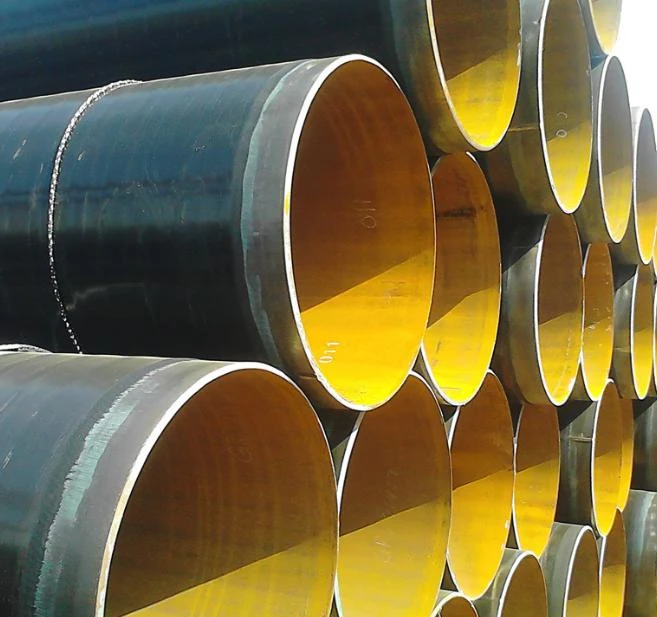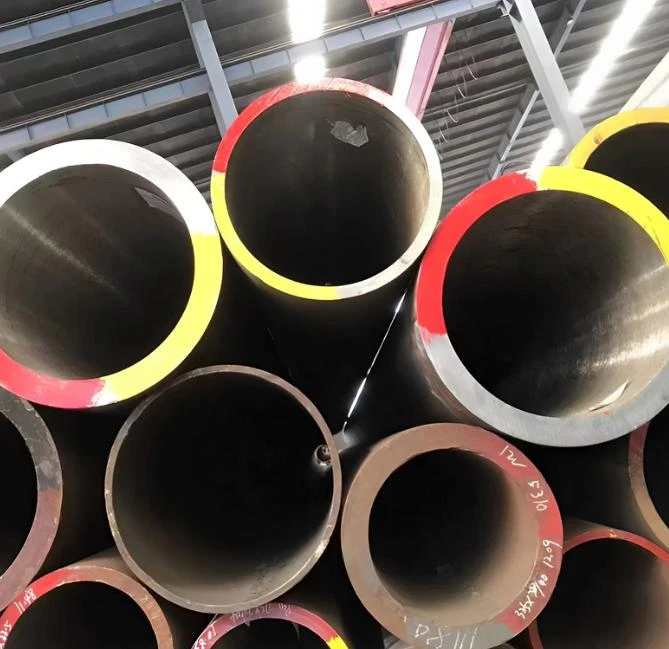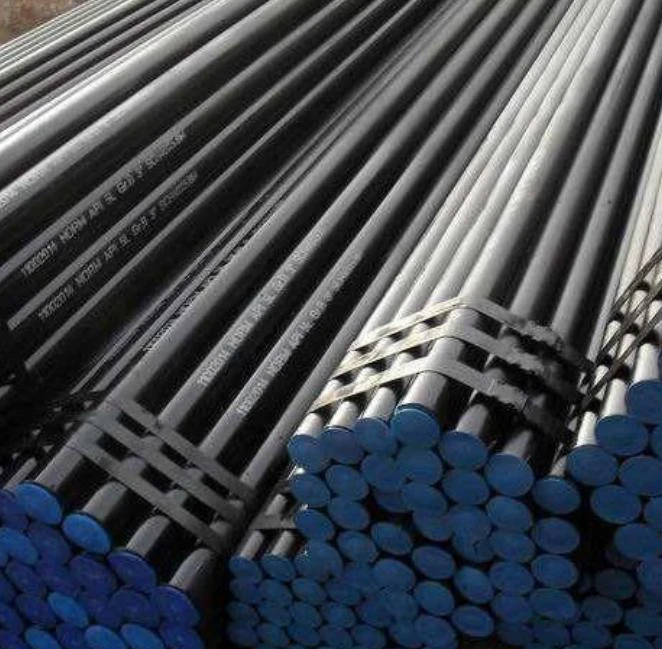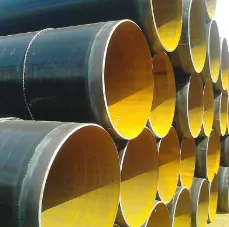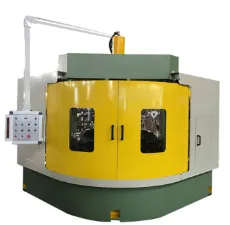

As a trusted component, steel mechanical tubing must meet rigorous quality standards to ensure reliability and safety. Leading manufacturers adhere to international standards such as ASTM, ANSI, and ISO certifications. These standards set benchmarks for various properties, including tensile strength, yield strength, and elongation, guaranteeing that the tubing can withstand specified stresses without failure. Meanwhile, testing protocols like hydrostatic testing, non-destructive examination (NDE), and metallurgical analysis are employed to ensure each tube's integrity. Hydrostatic testing involves filling the tube with water and pressurizing it beyond its operational limit to check for leaks, while NDE techniques such as ultrasonic and radiographic testing detect any internal or surface imperfections without damaging the product. Building trust with clients in the industry requires transparency and a strong track record of delivering high-quality products consistently. Suppliers of steel mechanical tubing should maintain open communication channels with customers, offering expert advice and post-purchase support to strengthen business relationships. In conclusion, steel mechanical tubing is a pivotal element that supports diverse industrial sectors. With innovative alloys and rigorous industry standards, it provides the strength and precision needed for demanding applications. Decision-makers benefit from partnering with experienced manufacturers to acquire trusted, high-quality tubing solutions tailored to their specific project requirements. This synergy not only propels businesses forward but also fosters sustainable industrial practices by promoting durable and efficient solutions.
Post time: Th2 . 12, 2025 10:31








